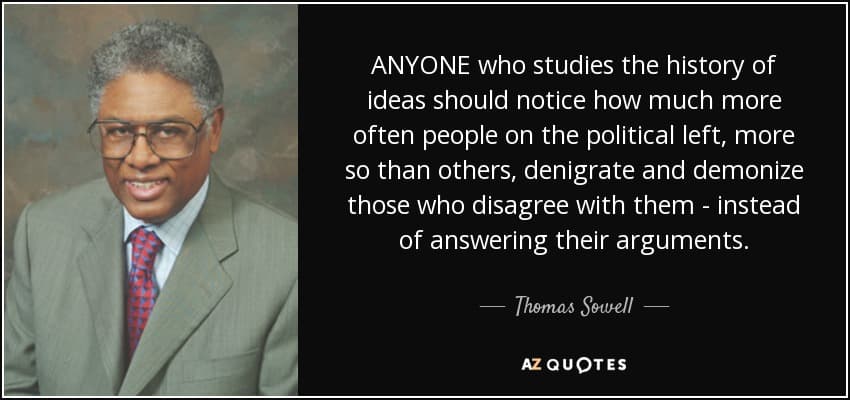Thomas Sowell: Majority of Untested Ideas Fail Real-World Scrutiny

Economist and social theorist Thomas Sowell recently underscored the critical importance of real-world application in validating intellectual concepts, asserting that most ideas ultimately prove incorrect when put to the test. In a widely shared social media post, Sowell stated, > "People who pride themselves on having ideas often fail to understand that only after ideas have been filtered through real-world experience do we know whether they are right or wrong. Most turn out to be wrong." This commentary highlights his long-standing emphasis on empiricism over abstract theory.Sowell, a Senior Fellow at the Hoover Institution and author of numerous influential books such as "Knowledge and Decisions," has consistently championed an evidence-based approach to understanding societal phenomena. His work frequently critiques theoretical constructs that lack grounding in practical outcomes, advocating for policies and systems that are proven effective through concrete results. This perspective is central to his economic and social philosophy.The renowned economist's statement resonates with his broader intellectual contributions, which often caution against the dangers of untested assumptions in policymaking and social engineering. He has previously noted, "It is hard to imagine a more stupid or more dangerous way of making decisions than by putting those decisions in the hands of people who pay no price for being wrong," reinforcing the need for consequential feedback mechanisms. This principle applies across various domains, from economic models to social programs, where theoretical elegance can mask practical deficiencies.Sowell's philosophy suggests that genuine knowledge emerges from iterative processes of trial and error, where ideas are subjected to rigorous validation by experience. The continuous feedback loop provided by real-world interactions is, in his view, indispensable for distinguishing viable solutions from well-intentioned but ultimately flawed proposals. This pragmatic stance underscores a fundamental skepticism towards intellectual pronouncements not substantiated by empirical observation.